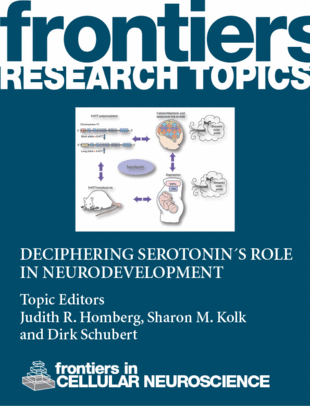利用肠道微生物群治疗癫痫的漫长旅程
IF 4.2
3区 医学
Q2 NEUROSCIENCES
引用次数: 0
摘要
癫痫是一种常见的神经系统疾病,全世界约有 1,050 万儿童受其影响。约 33% 的患者对所有可用的抗癫痫药物均表现出抗药性,但其根本机制尚不清楚,也没有有效的治疗方法。越来越多的证据表明,肠道微生物群异常可能与癫痫有关。肠道微生物群可通过多种途径影响大脑功能,包括神经内分泌、神经免疫和自主神经系统。本综述讨论了中枢神经系统与胃肠道之间的相互作用(脑-肠轴)以及肠道微生物群在癫痫发病机制中的作用。然而,参与癫痫发病的确切肠道微生物群尚无定论,目前的研究也未取得一致的结果。此外,为确定新型抗癫痫药物而应进一步探索的靶点也不明确。随着基因组学技术的发展,肠道微生物群在癫痫中的作用很可能会被揭示出来。本文章由计算机程序翻译,如有差异,请以英文原文为准。
A long journey to treat epilepsy with the gut microbiota
Epilepsy is a common neurological disorder that affects approximately 10.5 million children worldwide. Approximately 33% of affected patients exhibit resistance to all available antiseizure medications, but the underlying mechanisms are unknown and there is no effective treatment. Increasing evidence has shown that an abnormal gut microbiota may be associated with epilepsy. The gut microbiota can influence the function of the brain through multiple pathways, including the neuroendocrine, neuroimmune, and autonomic nervous systems. This review discusses the interactions between the central nervous system and the gastrointestinal tract (the brain–gut axis) and the role of the gut microbiota in the pathogenesis of epilepsy. However, the exact gut microbiota involved in epileptogenesis is unknown, and no consistent results have been obtained based on current research. Moreover, the target that should be further explored to identify a novel antiseizure drug is unclear. The role of the gut microbiota in epilepsy will most likely be uncovered with the development of genomics technology.
求助全文
通过发布文献求助,成功后即可免费获取论文全文。
去求助
来源期刊

Frontiers in Cellular Neuroscience
NEUROSCIENCES-
CiteScore
7.90
自引率
3.80%
发文量
627
审稿时长
6-12 weeks
期刊介绍:
Frontiers in Cellular Neuroscience is a leading journal in its field, publishing rigorously peer-reviewed research that advances our understanding of the cellular mechanisms underlying cell function in the nervous system across all species. Specialty Chief Editors Egidio D‘Angelo at the University of Pavia and Christian Hansel at the University of Chicago are supported by an outstanding Editorial Board of international researchers. This multidisciplinary open-access journal is at the forefront of disseminating and communicating scientific knowledge and impactful discoveries to researchers, academics, clinicians and the public worldwide.
 求助内容:
求助内容: 应助结果提醒方式:
应助结果提醒方式:


